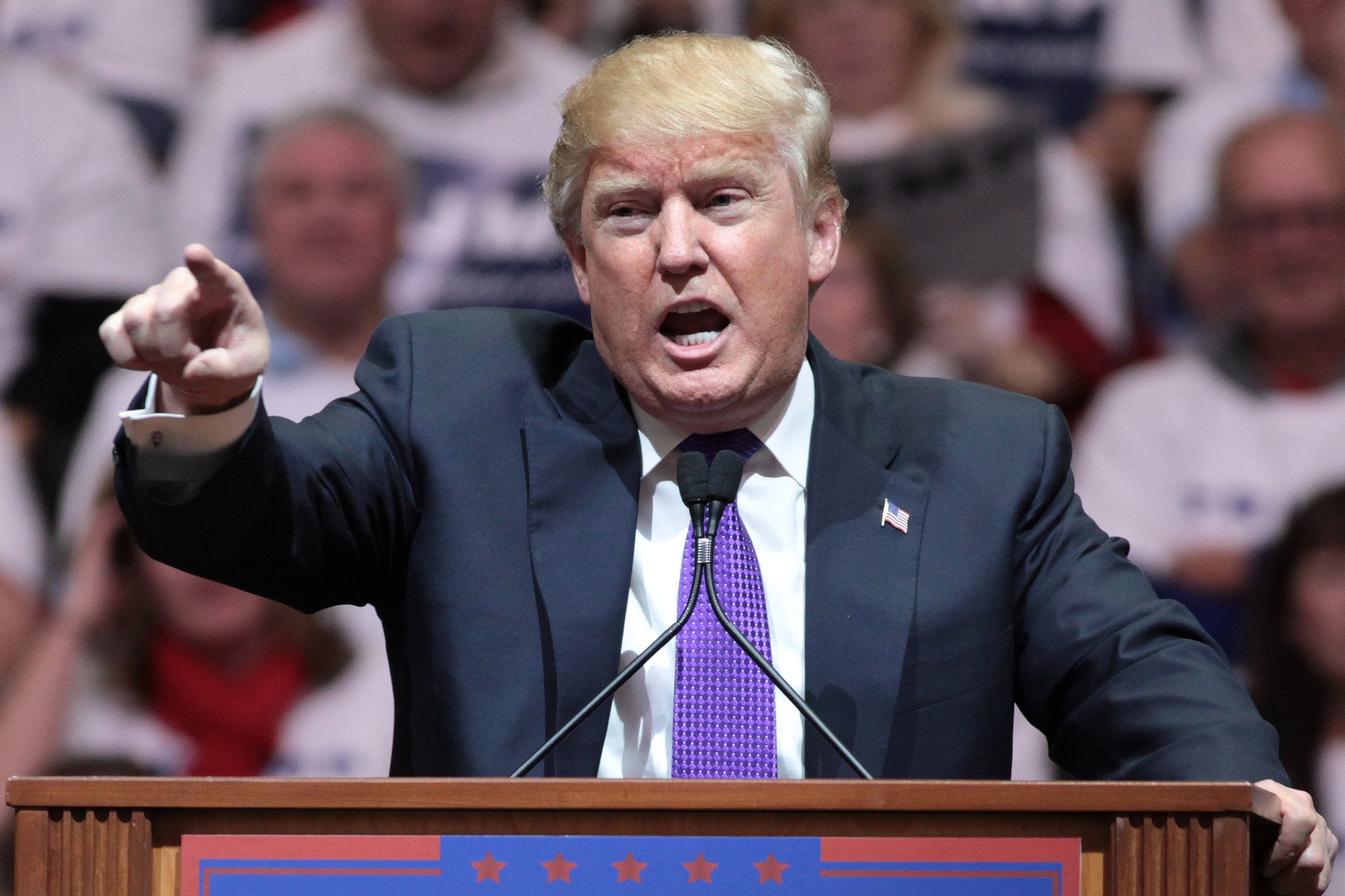Last night, as liberals across Seattle marvelled at the election of businessman and huckster Donald J. Trump to the US presidency, the successful passage of a regional $53.85 billion transit package was a candle of hope in a dark night. Passed by Washington voters by a margin of nearly 10 percent, Sound Transit 3 promises to add 62 miles of new light rail in the Puget Sound area.
But Trump’s election may signal a reduction of federal funding for urban transit, and 13 percent of ST3’s budget is anticipated federal funding. If President Trump and the Republican-controlled Congress reduce funding or redirect it toward car infrastructure, a significant chunk of the ST3 budget will be gone. As Seattle Transit Blog puts it, “With a Republican sweep in both houses of Congress accompanying a Trump Presidency, federal funding programs and formulas are likely to change over the next four years, and very likely in a way that favors rural roads over urban transit.”
Jonathan Hopkins, spokesperson for the advocacy group Seattle Subway, says it’s not yet clear what Trump will do to Seattle transit funding. “One [possible outcome] is if there’s ever a reduction on urban transit funding out of the highway trust fund…that could have a negative impact on Sound Transit’s budgeting,” he says. “At the same time, they have intentionally left padding in the budget because they can’t promise what the economy’s going to do. Whether or not they can handle a reduction in federal funding depends on the economy.”
That’s not much cause for relief. When Trump won, the stock market tanked. During the election, economists widely predicted that Trump’s stated economic policies (insofar as the improvisational candidate can be said to have coherent policy positions) would devastate the national and global economy. On infrastructure, Trump has promised to “patch up roads, airports, bridges, water systems and the power grid,” according to the Wall Street Journal, though he has not articulated a way to fund that work.
On the other hand, Trump could have little or no effect on federal transit funding, notes Hopkins, or could theoretically increase it as part of a larger increase in infrastructure spending generally. “The question is whether Republicans allow investment in urban transit,” he says.
Seattle city councilmember and former Transportation Choices Coalition director Rob Johnson says he’s worried, too. “Obviously the presumption about [ST3] included approval from some arms of the federal government. That seems unlikely to happen now…We need to redouble our efforts at the state,” he says.
“There are a lot of us in Seattle that feel like we live in a liberal bubble,” says Johnson. “It’s now even more incumbent on us as local government to lead.”








